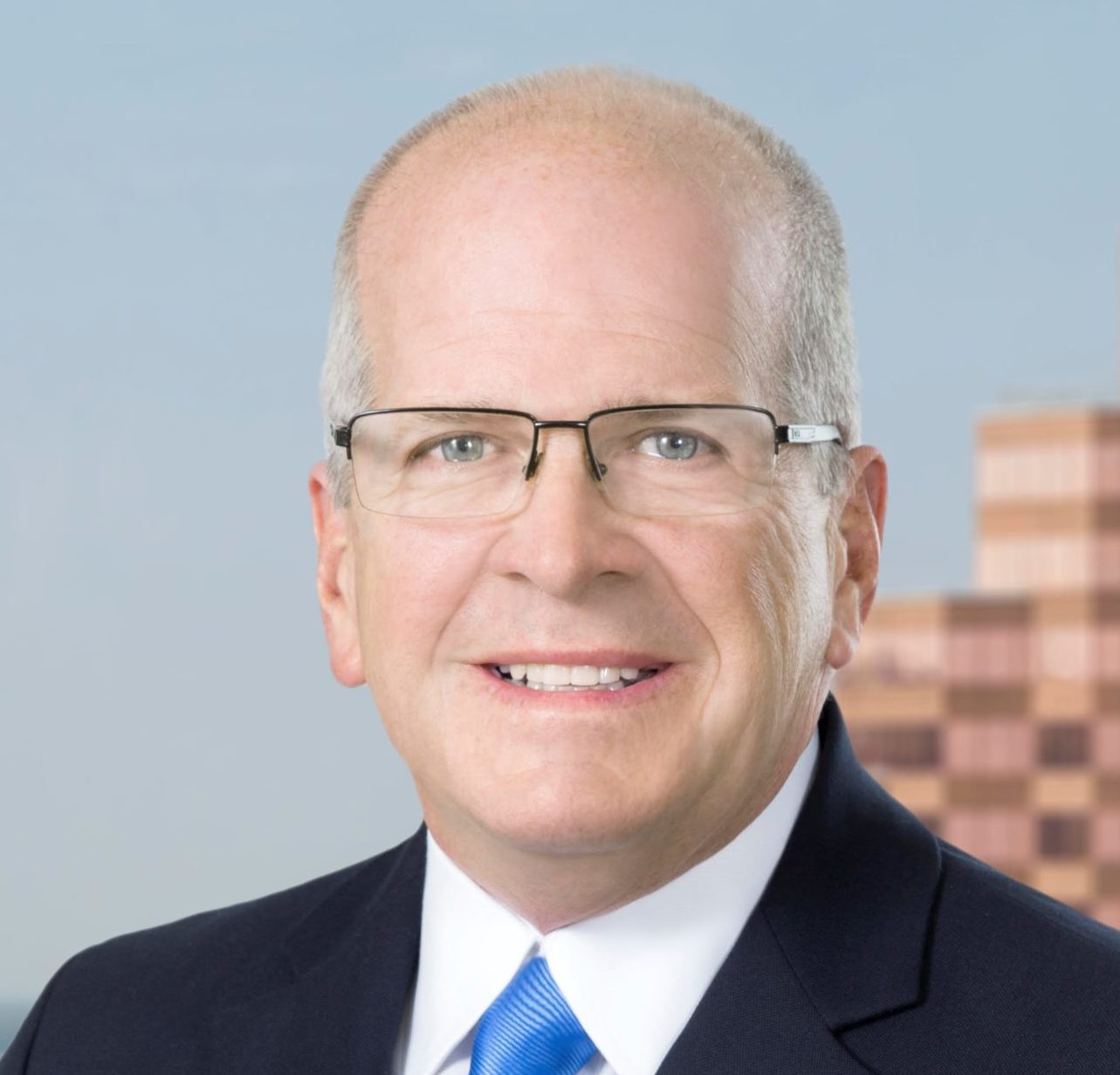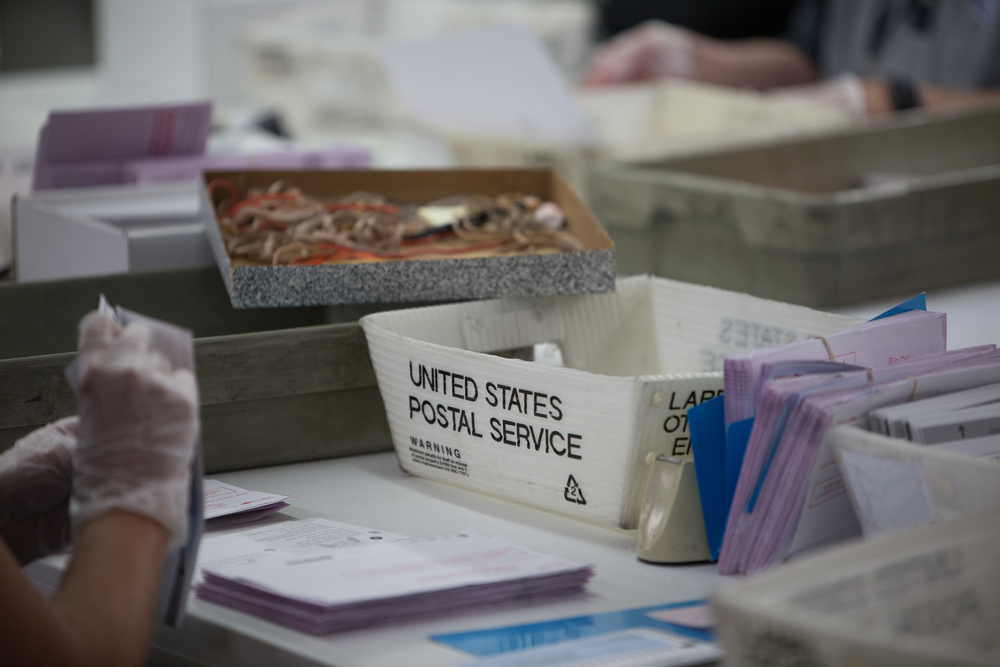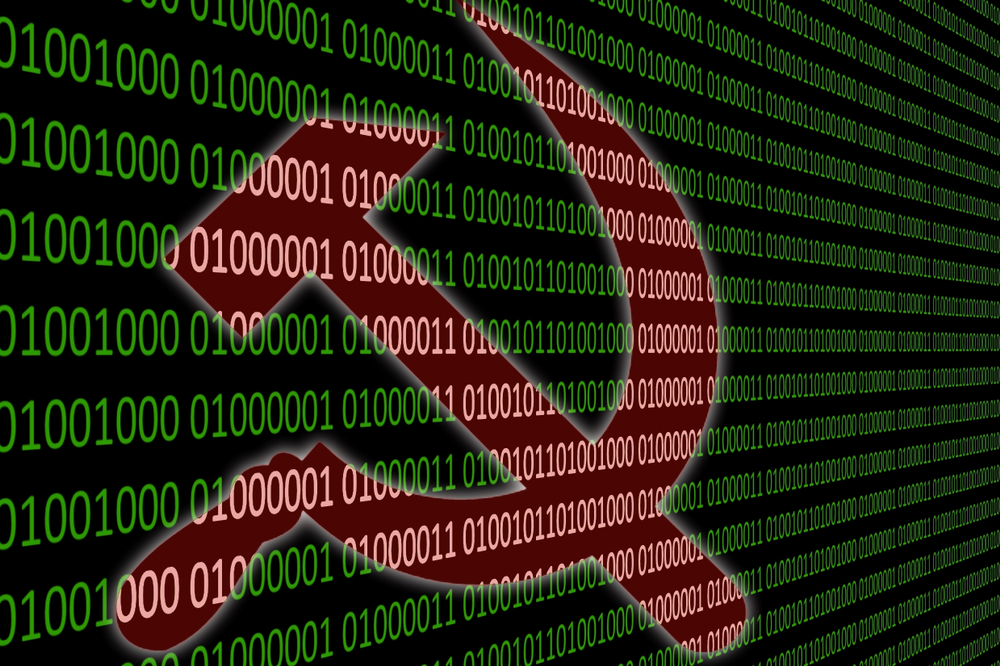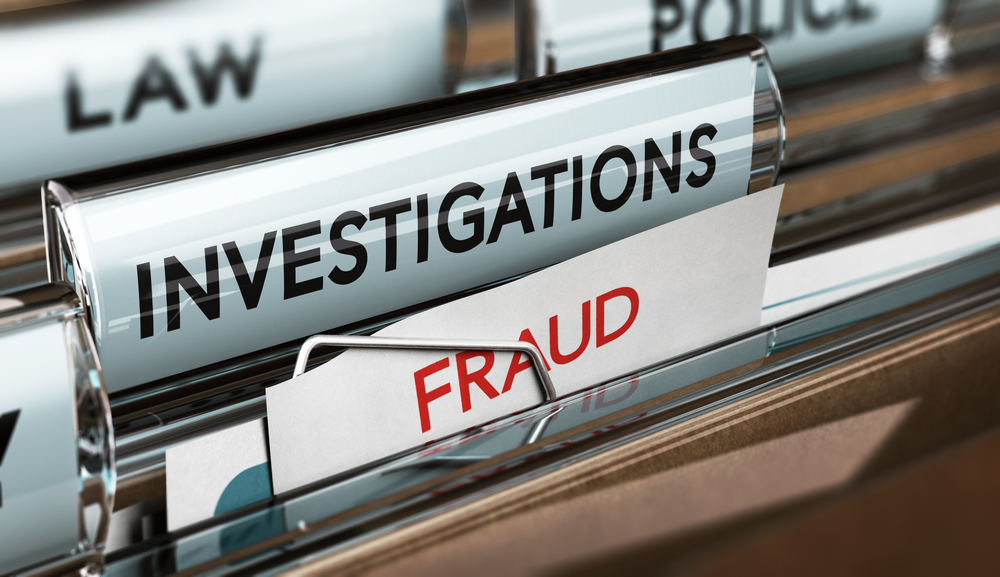Whatever happens in the presidential election, don’t expect Florida to reenact 2000 with its butterfly ballots, hanging chads, confusing court battles and general weirdness.
To the contrary, some experts say, the state is ready this time to handle whatever happens and serve as an example as the right way to do an election.

“Florida is in a position to be the shining star in this election,” said Craig Latimer, president of the Florida State Association of Supervisors of Elections and the supervisor of elections for Hillsborough County.
Speculation about the possible involvement of the U.S. Supreme Court in the presidential election is reminding some of 2000 when Florida’s chaotic recount was halted by the nation’s highest court, handing the presidency to George W. Bush.
“You know we always go back to Florida,” said David Becker, executive director and founder of the Center for Election Innovation & Research, a nonprofit dedicated to building confidence and increasing participation in elections. “I think we have to remember Florida had their voting system – in particular, the punch card ballots were not well designed to deal with the narrow-margin victory like we saw. And that's one of the reasons the nation got rid of those systems. And Florida has completely changed its voting system since 2000 and actually has one of the better election administration systems.”
RELATED: Voter intimidation concerns rise across the country
RELATED: Coronavirus leads to outbreak in voting litigation
The 2000 election cast an embarrassing spotlight on the Sunshine State, where the presidency was determined by quirks in election laws, chaotic maneuvering, loud protests and badly designed ballots.
Butterfly ballots used in Palm Beach County were laid out in such a way as to confuse some older Al Gore supporters into mistakenly casting their votes for conservative, third-party candidate Patrick Buchanan.
Hanging chads was the term used to describe punch-card ballots with incompletely punched holes, with the punched-out segment partially attached to the ballot. Disputes arose about how to attribute the votes from those ballots.
Florida was butt of jokes
The whole five-week-long fiasco fueled late-night comedians’ monologues for weeks.
While tensions were high, who couldn’t laugh at the ridiculousness of canvassing boards trying to discern serious meaning from things like “pregnant chads?”
As Jay Leno quipped on the Tonight Show, “Today a boatload of Florida residents in search of democracy washed up in Cuba.”
“Chad Nauseum,” read a headline in the New York Post. “Flori-duh’’ said the Boston Herald.
And then there was the so-called “Brooks Brothers riot,” a protest involving men in buttoned-down shirts and blazers organized by Republican operatives at the Miami-Dade elections office as ballots were being counted.
The protest was intended to draw out the recount, according to Barry Richard, who was part of George W. Bush’s election legal team that year, but said he had nothing to do with the protest.
State election law was “inefficient” in 2000
The state’s recount laws were “a hodgepodge cobbled together over decades,” according to Richard, who described the statutes then as “highly inefficient.”
Candidates could choose two different forms of recounts but couldn’t implement them simultaneously. For strategic reasons, Gore’s team pursued a so-called protest challenge that triggered recounts in just four counties where the Democrats felt they had the best chance of picking up votes.
When that failed, the team went to court to seek a statewide recount. But the clock ran out and the U.S. Supreme Court’s conservative majority ultimately voted 5-4 to overturn a state Supreme Court recount order, delivering the presidency to Bush, the Republican.
In the wake of 2000, the state reformed its election laws. And now, Richard and others see the state as well prepared, should this year’s presidential election be close. Florida, they say, will not become a punchline this time.
Richard noted that Florida has gone through four presidential elections since 2000 without any significant problems.
No election will ever be perfect, he said. “Elections are messy.” But the problems that plagued the state in 2000 are history.
“I think Florida’s going to come out looking pretty good,” Richard added. For one thing, the state will likely finish counting votes before most other states.
That’s because, unlike some other states, Florida allows early votes and mailed-in ballots to be counted before election day. The only ballots to be counted on election day are the votes cast that day and the mailed-in ballots that are received on election day.
The ability to count the mailed ballots ahead of election day is one of the biggest advantages, Latimer said. The early vote totals will be uploaded and ready to send the day before the election, he said. The county canvassing boards will order the counts to be pushed out to the state when the polls close on election day.
In addition, counts of all the votes will be audited, Latimer said.
Not just Florida: 2000 battle not likely to repeat

Becker, who spoke at a news conference on Friday, said he also sees another court battle like the 2000 election spawned as less likely because voter turnout has been exceptionally high across the country.
“I’m cautiously optimistic that we are not heading toward another debacle like that,” Becker said. “As we get higher turnout, as more people who might not normally participate in the election decide to participate, the odds are that the margins are going to grow.
“I’m not saying which direction those margins might grow,” Becker continued. “I don’t know. But it’s much more likely that the margins will grow and that it reduces the chances significantly of having an election in which there’s such a narrow victory.”
On the other hand, if the election is decided in a make-or-break state by a few hundred votes, he added, “there’s no election system and no amount of professionalism in an election administration that is going to prevent that from going the course and being resolved in a very contentious dispute.”
But two factors must be present to precipitate a court battle like 2000, Becker noted. Not only does the margin have to be very narrow, but the narrow margin must be in a state that puts a candidate over the minimum electoral vote total of 270.
“I think the chances of both of those things happening are relatively slim this year,” Becker said.
Florida practiced in 2018
The 2018 midterm elections provided a trial run of some recent election reforms when the state underwent three, simultaneous statewide recounts in races with extremely close margins, including the governor’s and U.S. Senate elections.
“The state had never even seen one statewide recount before,” according to a Senate Rules Committee analysis of legislation adopted last year to further change the state’s election laws. “Not to mention that certain counties had other legislative and local recounts to sort out, too. By most objective measures, however, Florida’s post-2000 recount reforms performed admirably.”
The state no longer has butterfly or punch-card ballots. Ballots are paper with ovals next to candidate names filled in by voters.
And there is just one, simplified, specific recount process in which a manual recount is triggered in races with vote margins of a quarter of a percent or less. A machine recount is automatic when the margin between the candidates is half a percent or less of the total vote.
This Bush lawyer won’t be representing Trump
While both the Biden and Trump campaigns have reportedly assembled legal teams in preparation for possible court fights over election totals, Richard said he is not part of that this time around.
And although he represented the Republican Bush in 2000, Richard said he would never represent Trump. Richard described himself as being nonpartisan, and said he’s represented governors of both parties.
In 2000, he said, he thought both presidential candidates were “good human beings.” But he said, “I draw the line at representing somebody who is dangerous to the country, which I think Donald Trump is … I think he’s completely incompetent to be a president. I wouldn’t do anything to help him get reelected.”
If asked, he said, he would work with the Biden team. But he’s only been asked to recommend lawyers willing to help at polling places.
Vote by mail called secure
Richard said Trump’s claims that vote-by-mail is rife with fraud are “completely groundless. Even the Republicans are saying it’s groundless. In many ways, it’s more secure than voting in person.”
Latimer said Florida has allowed vote-by-mail without requiring an excuse since 2002. Typically, he said, more than a third of votes in the state are sent by mail.
Richard also said he thinks the political climate is different now, meaner, than in 2000. While the election battle of 2000 was passionate and hard-fought, he said protesters on both sides would party together at night. He doesn’t see that kind of mutual respect anymore.
Questions about possible hacking
Latimer and Richard said the election tallying system is secure, as it is not connected to the Internet.
However, a group of election integrity organizations and computer scientists reportedly sent a letter to the state Division of Elections on Sept. 25 asserting some counties have voting machines that are vulnerable to cyberattacks:
“It has been asserted that voting machines are not vulnerable to remote hacking because they are never connected to the Internet, but both the premise and the conclusion are false. Election systems can be directly or indirectly exposed to internet-based attacks.”
Becker, however, didn’t see hacking as a significant threat to the election, for several reasons, including the fact that a significant majority of votes will be cast before election day.
In addition, he noted, 95% of voters, nationwide, are using paper ballots, including virtually every battleground state, including Florida.
“So, I don't think that's a serious potential,” Becker said. “I do think there's a serious potential for misinformation about hack attacks. I think … between now and election day, we'll see efforts by domestic actors and foreign adversaries to try to allude to potential vulnerabilities and to make people fear that their vote won't count or has been hacked. And we need to be extremely vigilant about that.”
Contact Elaine Silvestrini at [email protected]. Follow her on Twitter at @WriterElaineS.












